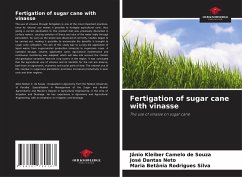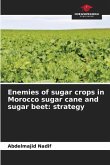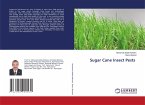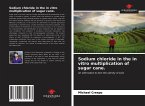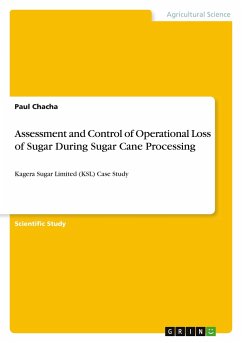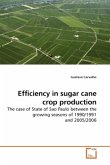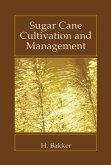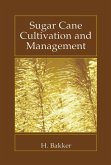The use of vinasse through fertigation is one of the most important practices, since its rational use makes it possible to fertigate agricultural soils, thus giving a correct destination to this product that was previously discarded in surface waters, causing pollution of these and also of the water table through percolation. As soon as the waste was disposed of correctly, studies began to be carried out, making it possible to enumerate the benefits it brought to sugar cane cultivation. The aim of this study was to survey the application of liquid waste from sugar-alcohol production (vinasse) to sugarcane crops. A standard dosage, volume, application cycle, agricultural maintenance and continuous monitoring was adopted, which will take into account the climatic and geological variations that the crop covers in the region. It was concluded that the agricultural use of vinasse and its benefits for the soil are diverse, both from an agronomic, economic and social point of view. The rational use of this residue in sugarcane plantations promotes increased productivity in poor soils and drier regions.
Bitte wählen Sie Ihr Anliegen aus.
Rechnungen
Retourenschein anfordern
Bestellstatus
Storno

